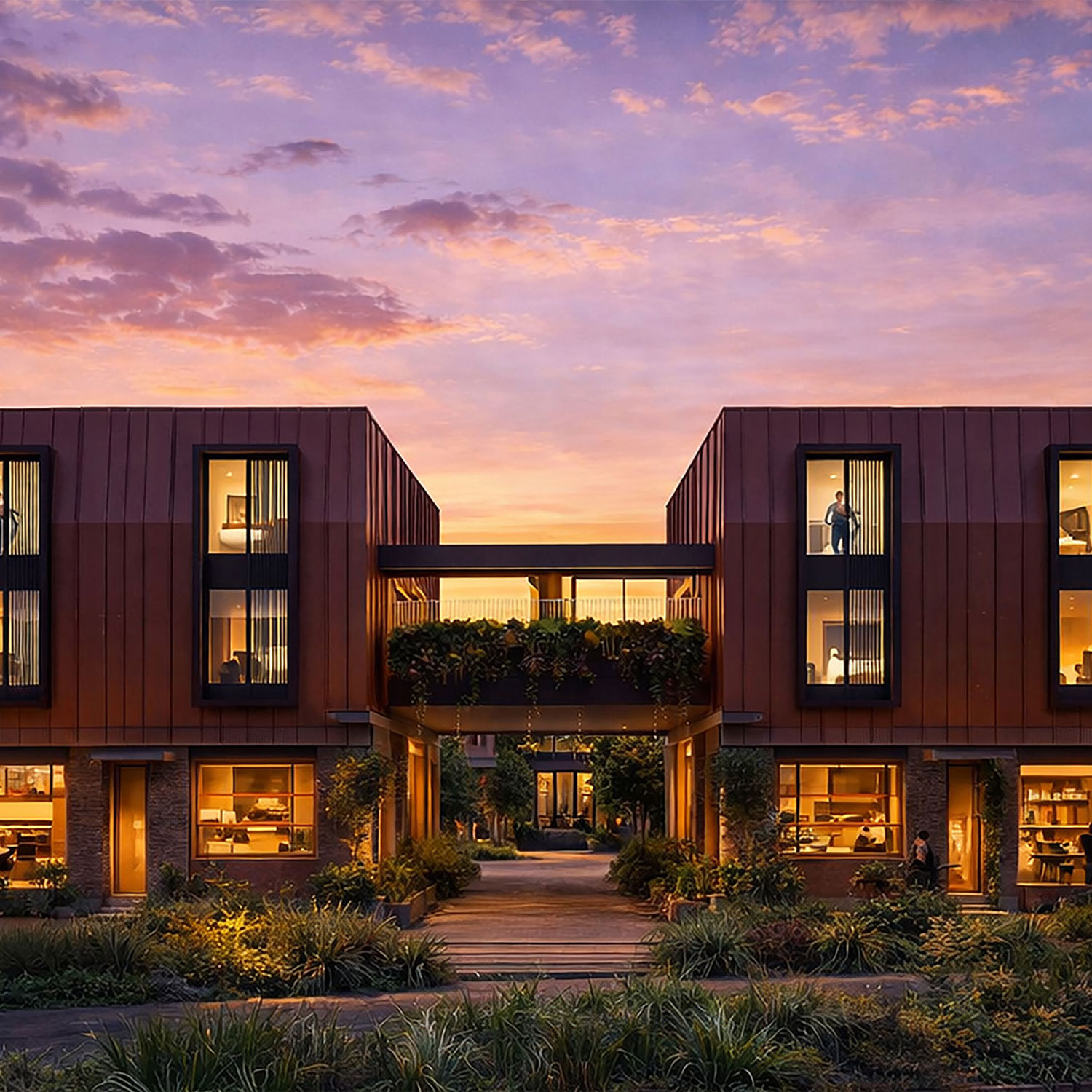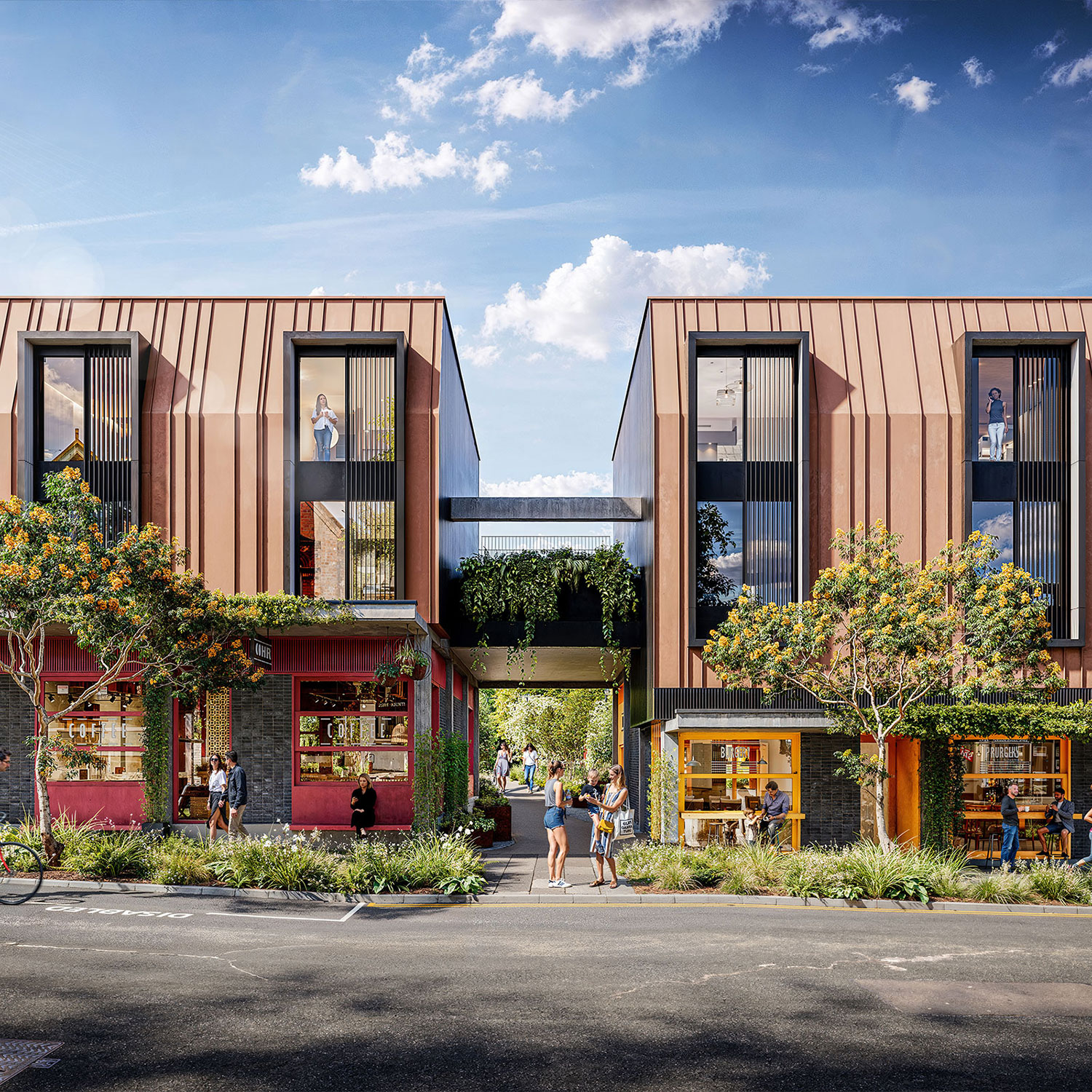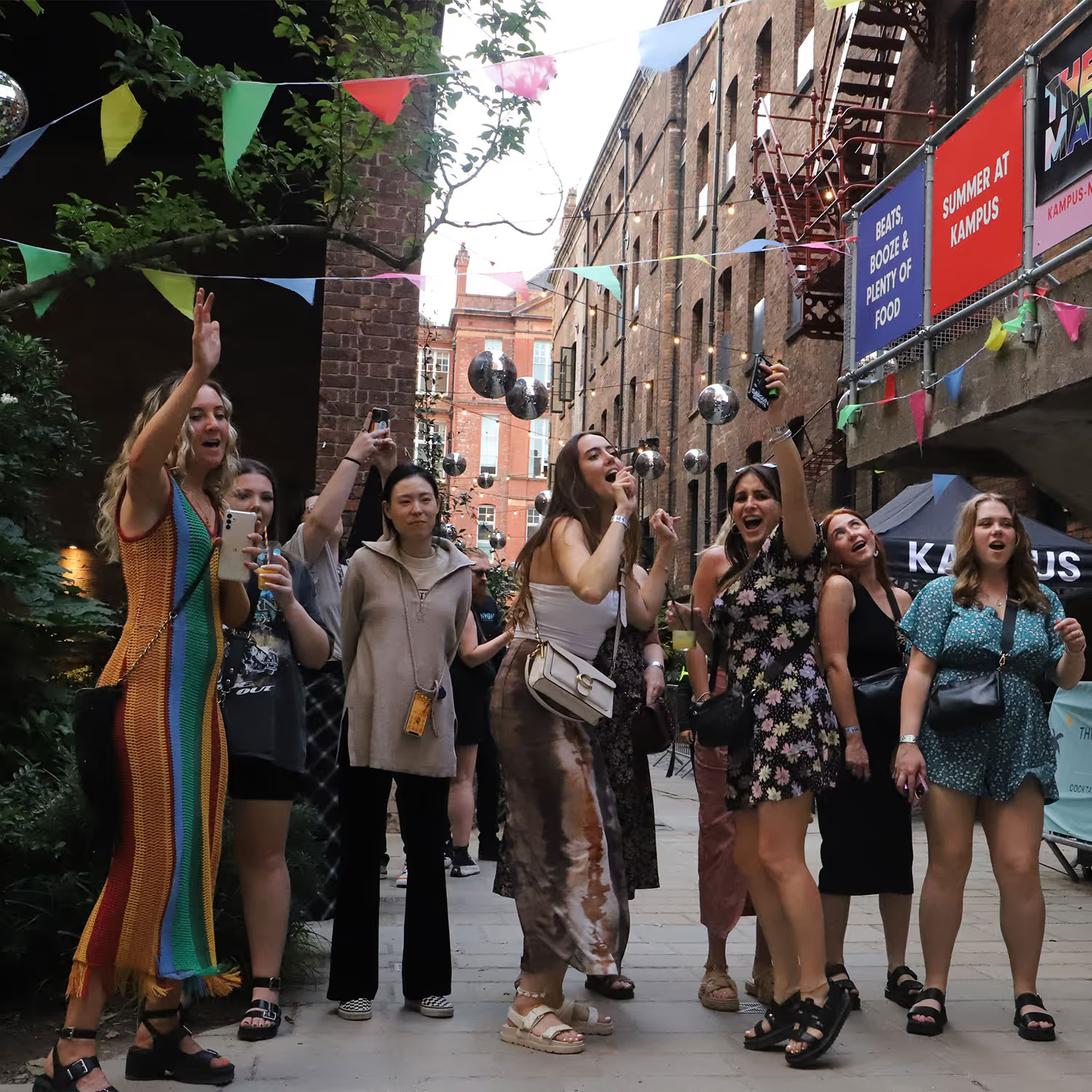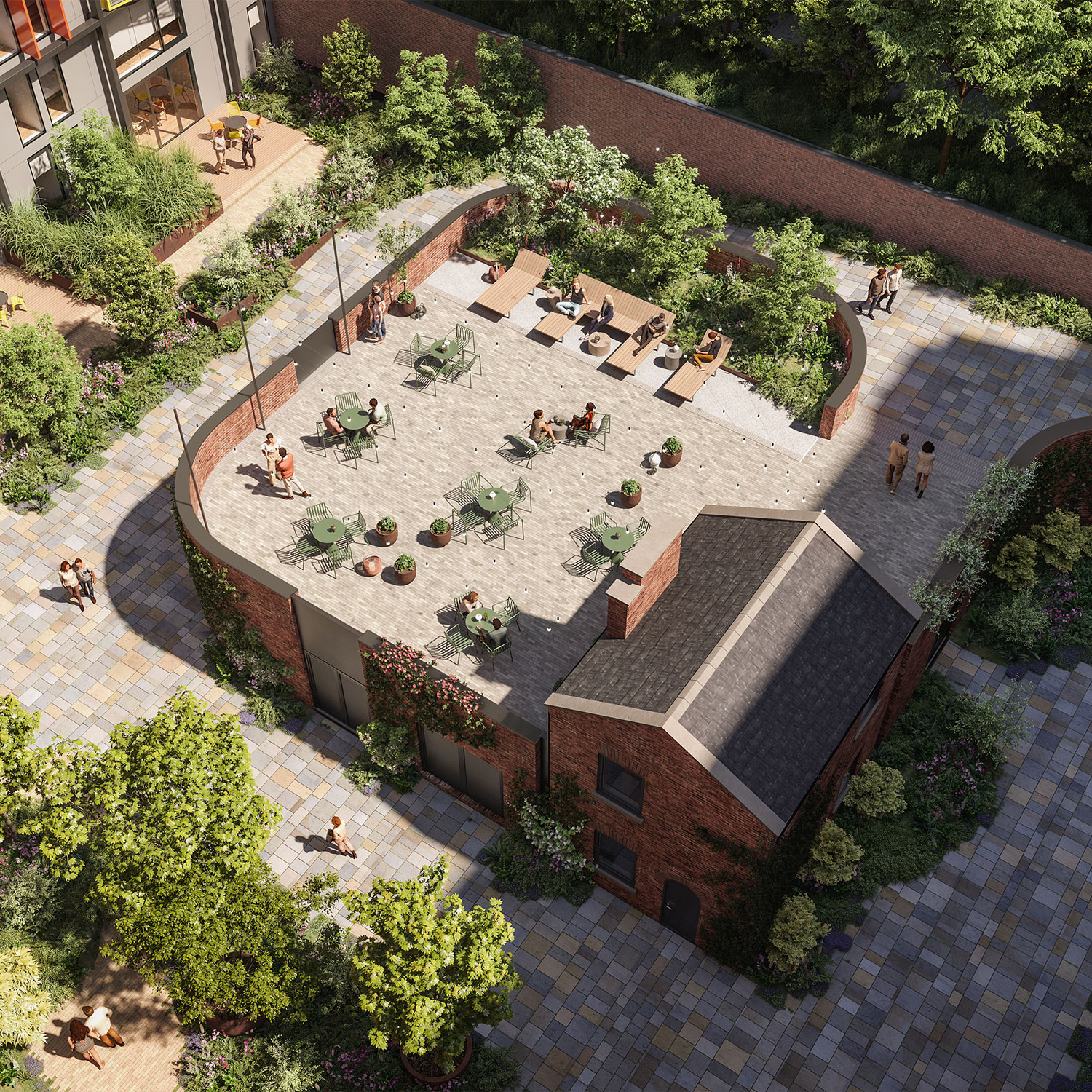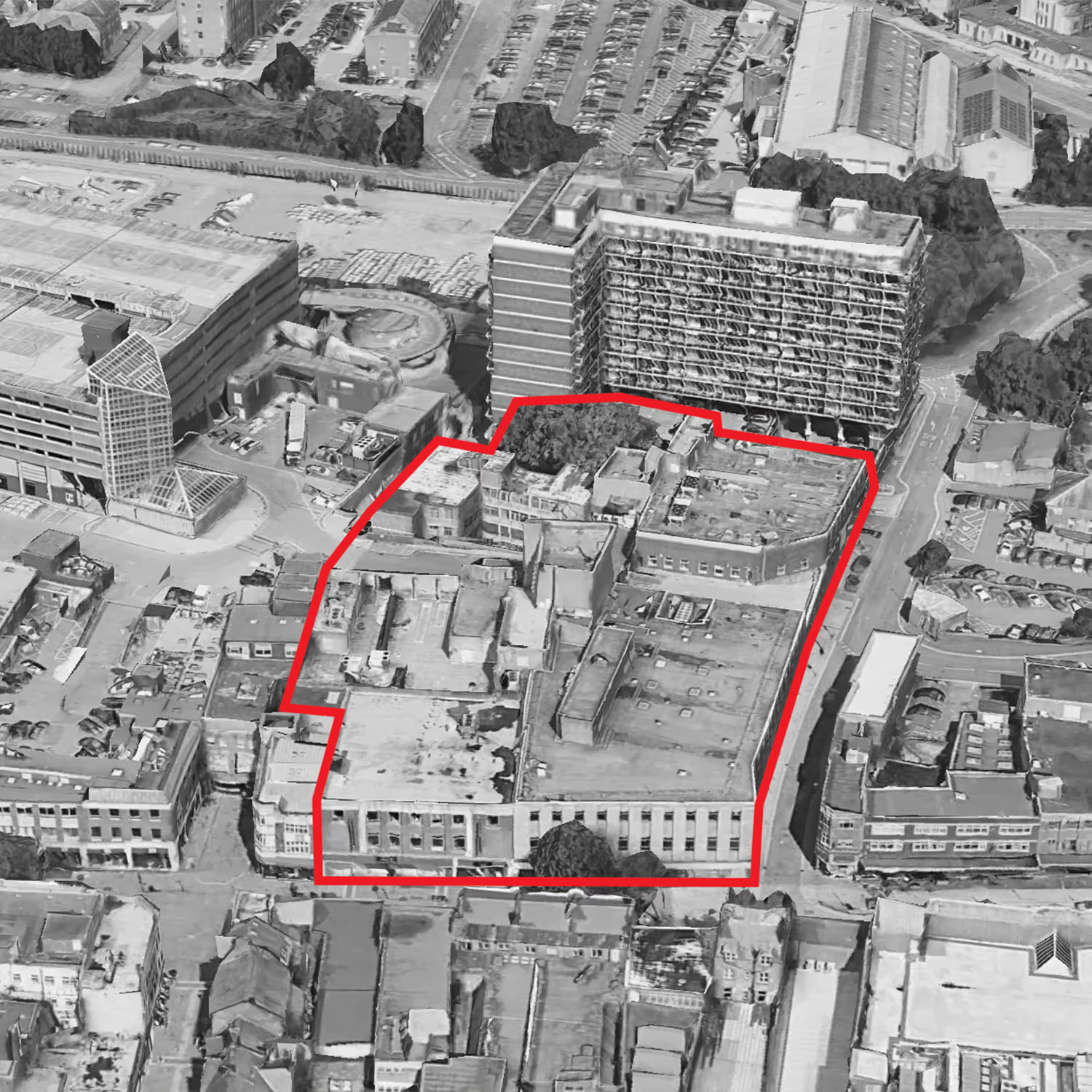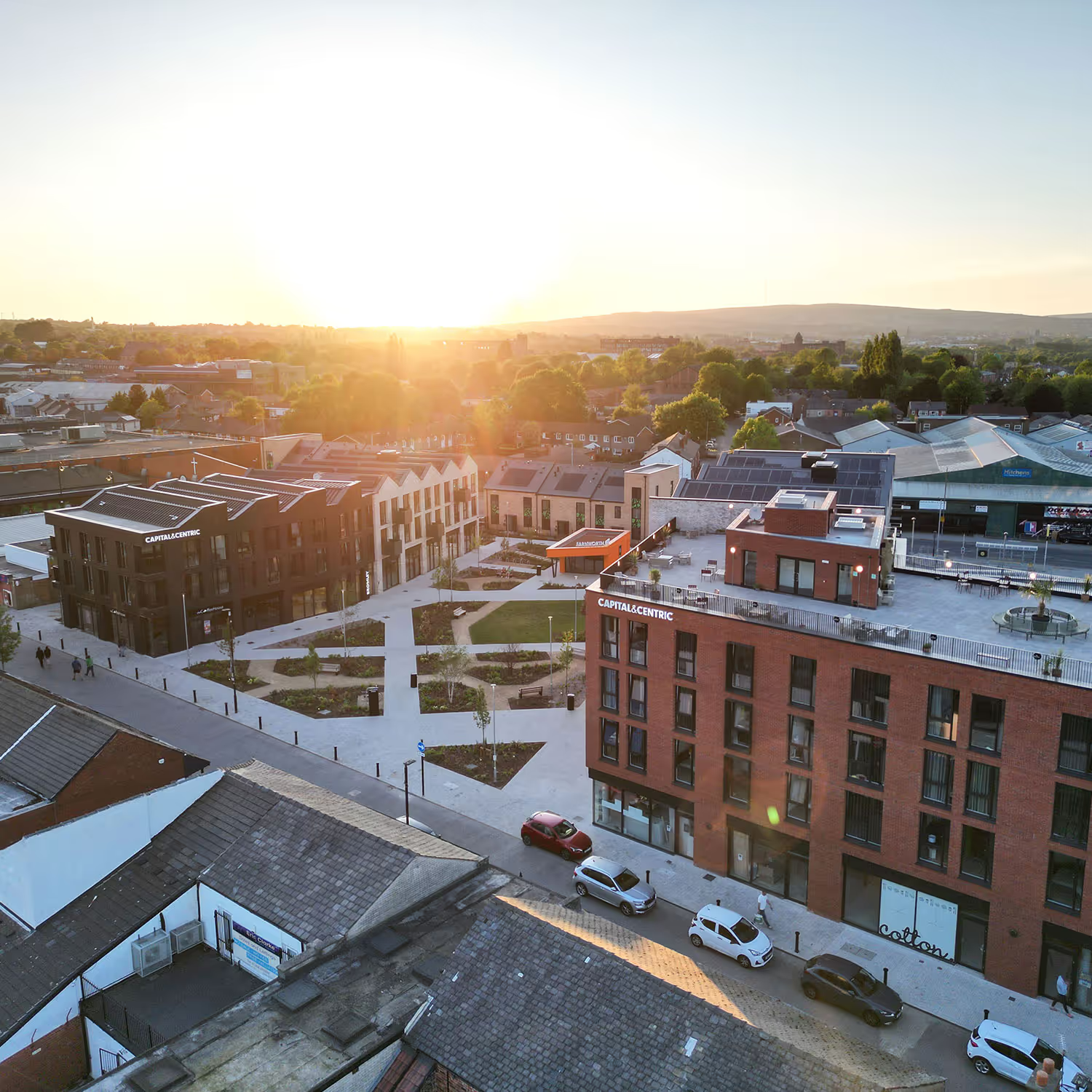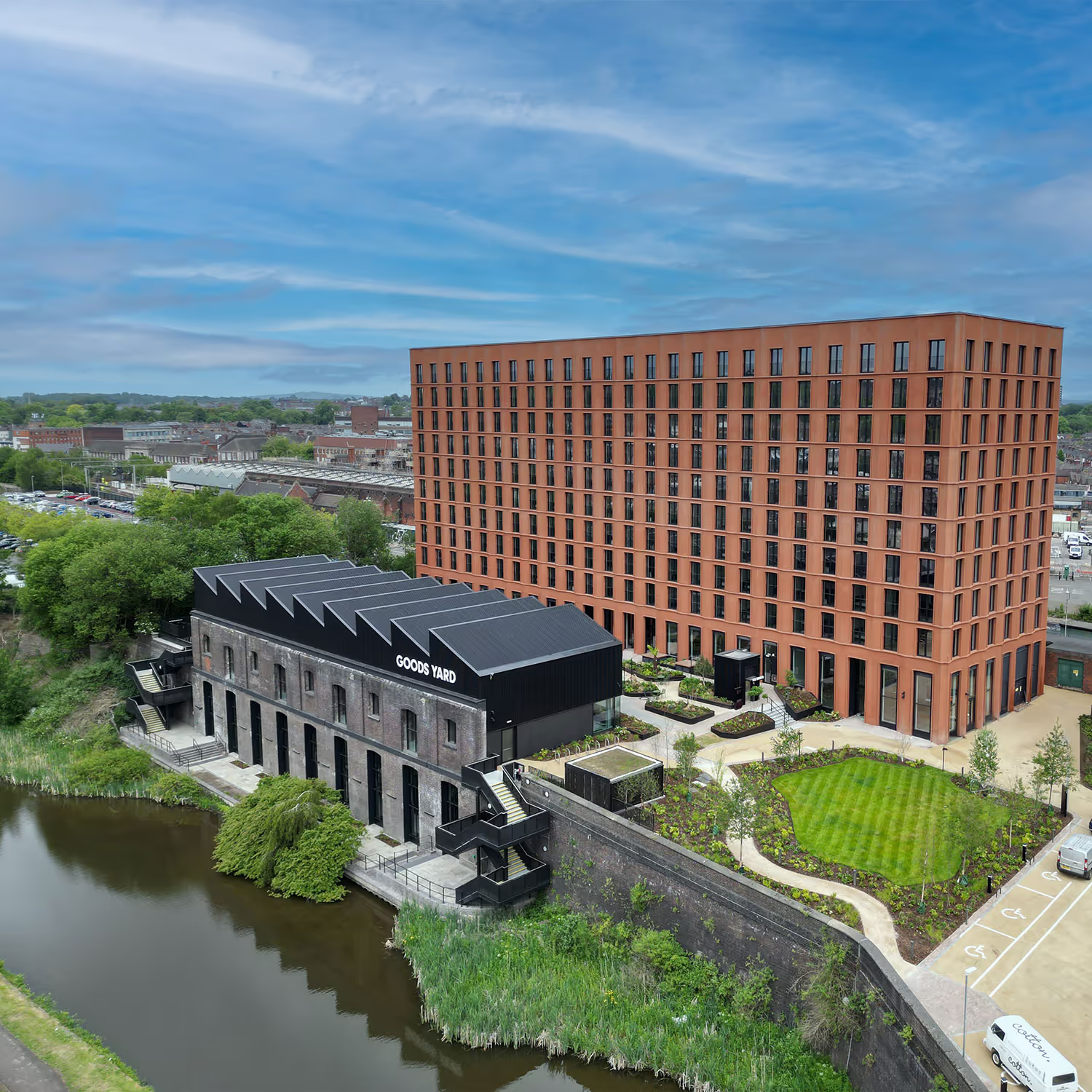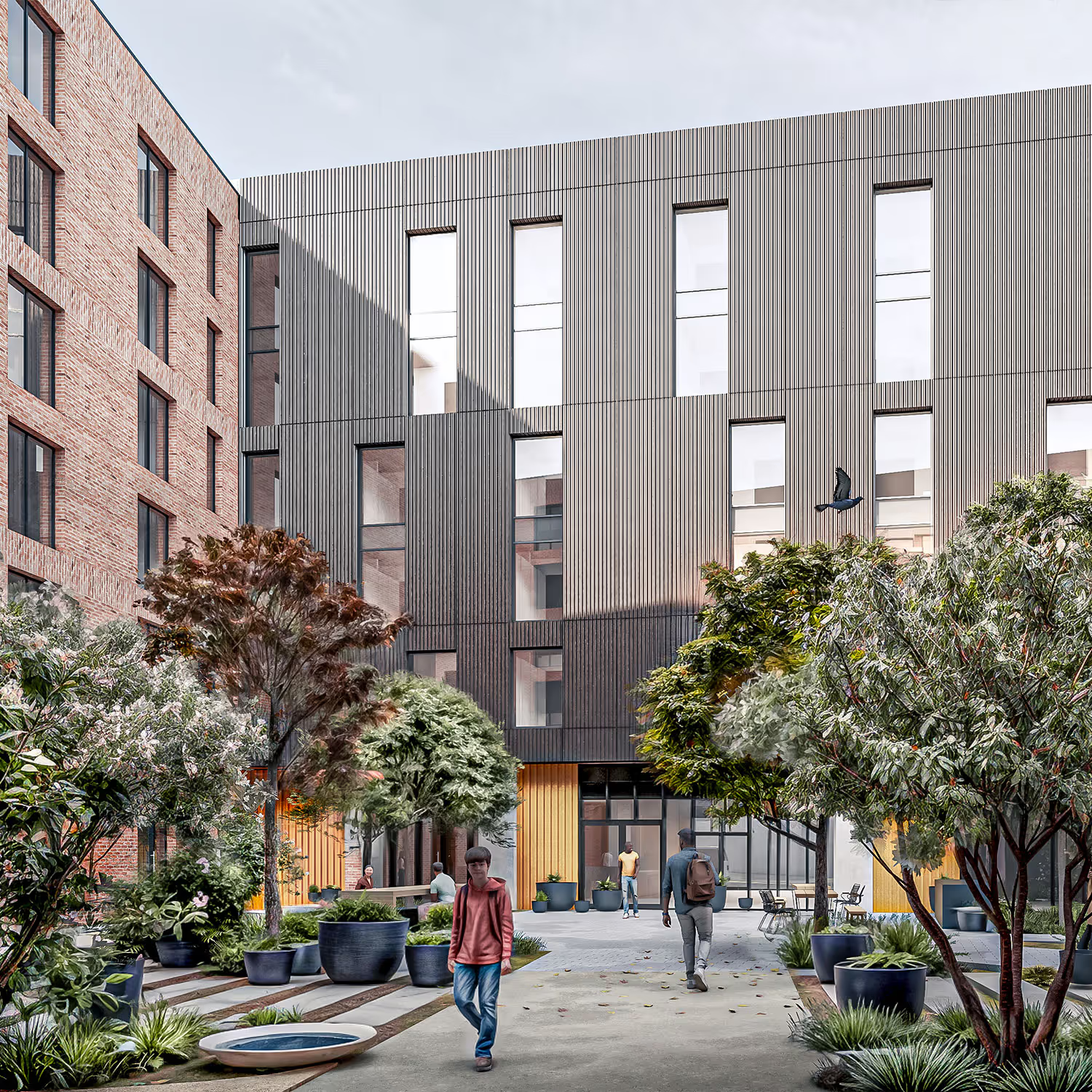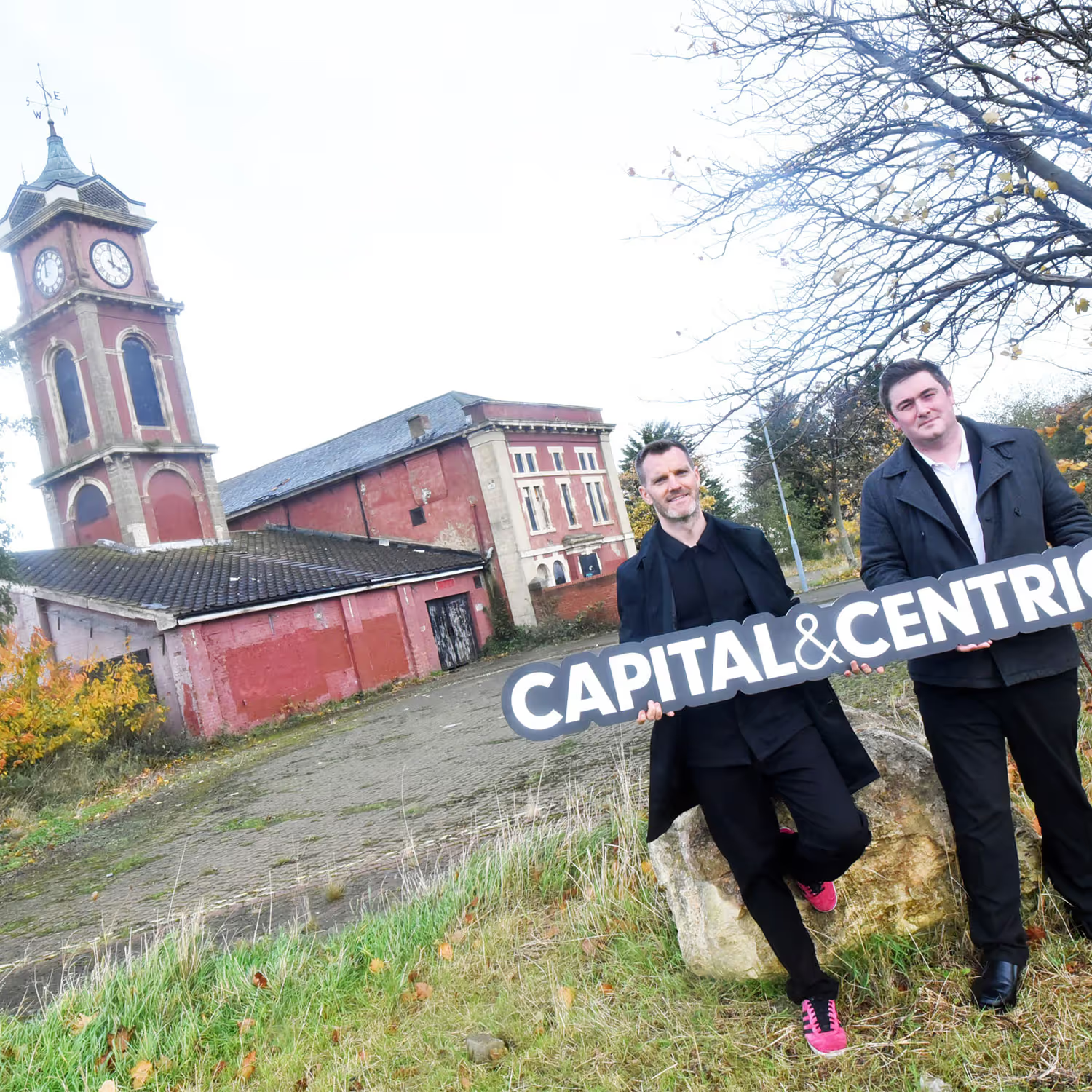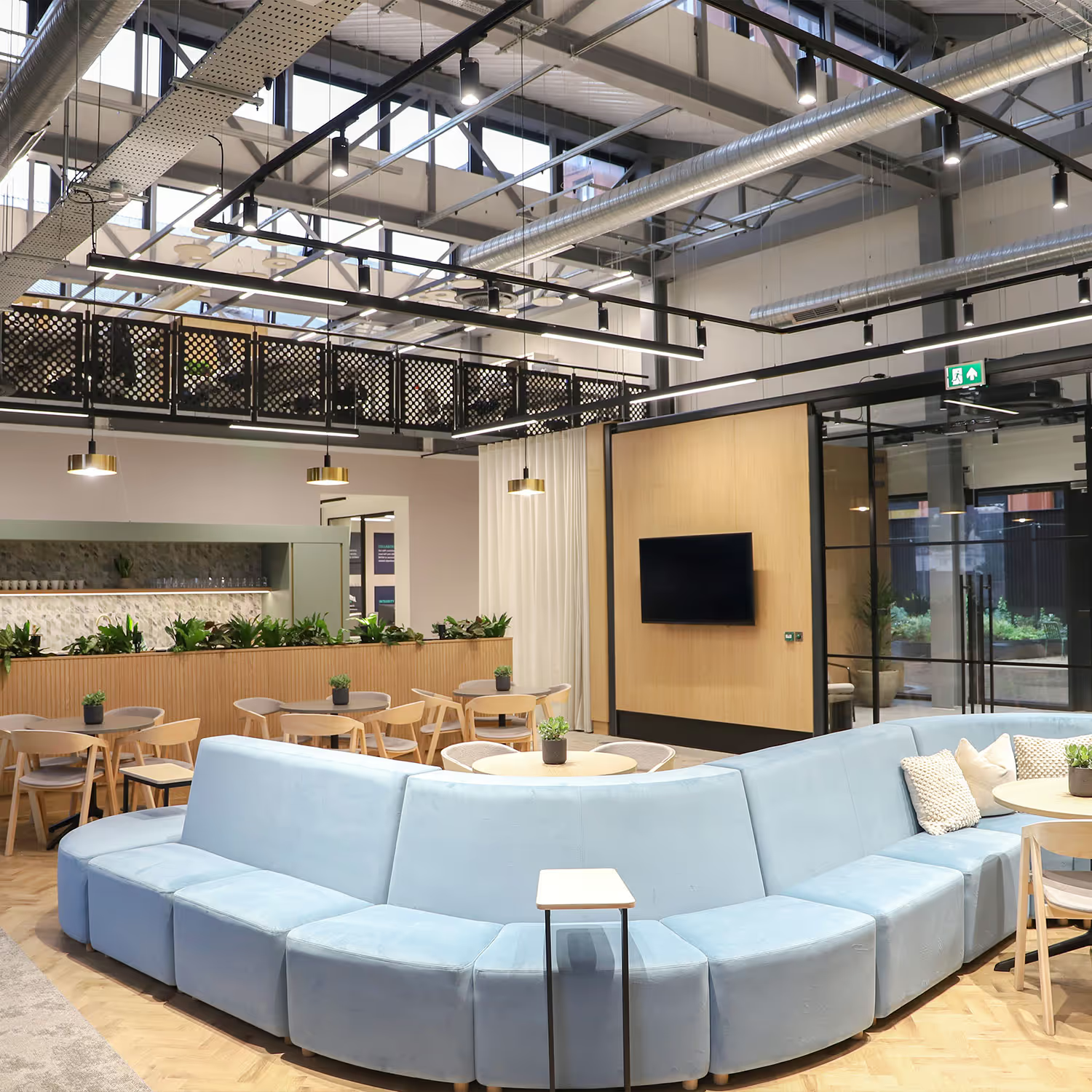Capital&Centric’s Manchester workspace restoration set for new year start as funding secured
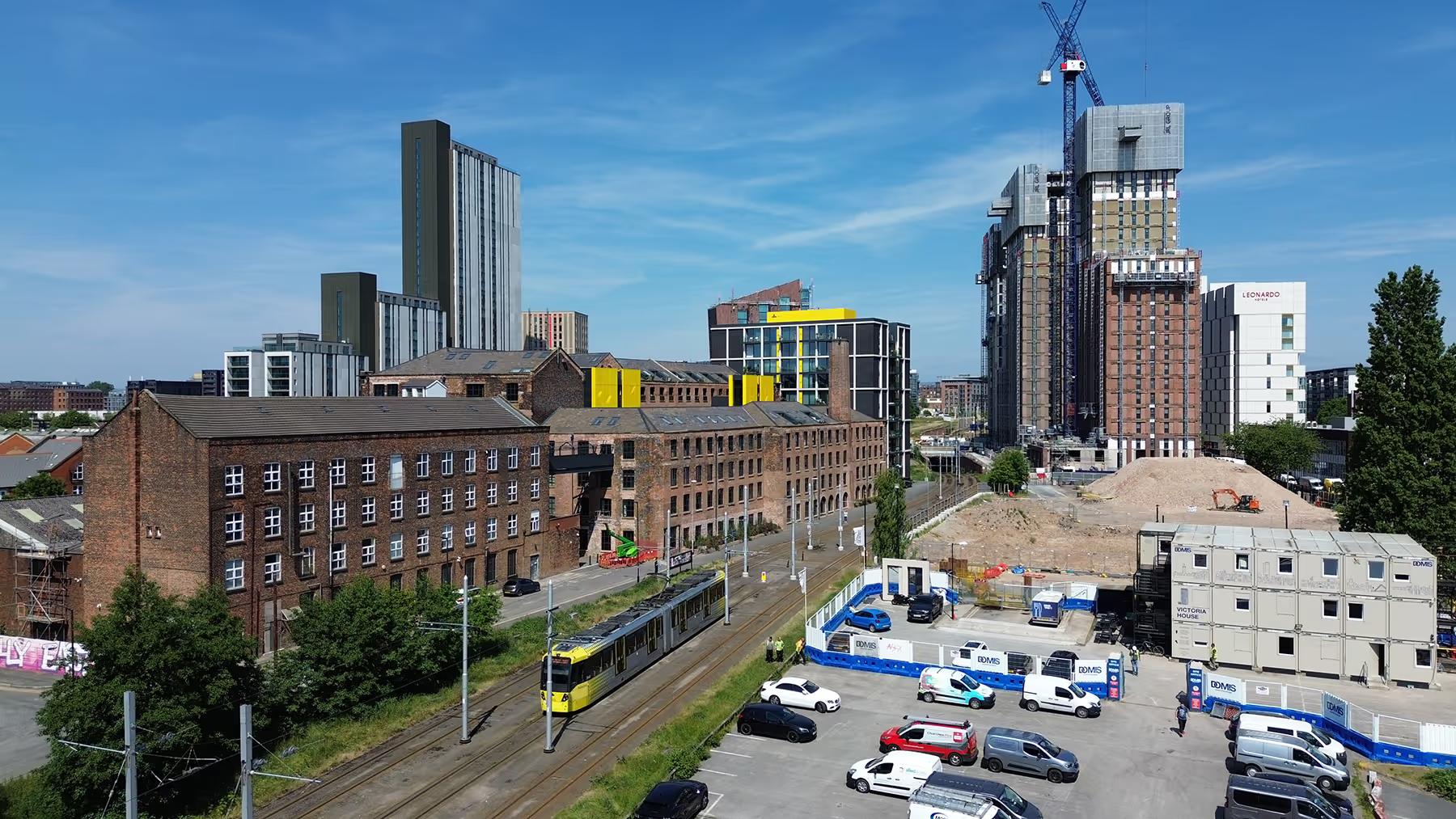
Capital&Centric’s restoration of a Grade II listed Manchester mill into creative workspaces will get underway in the new year.
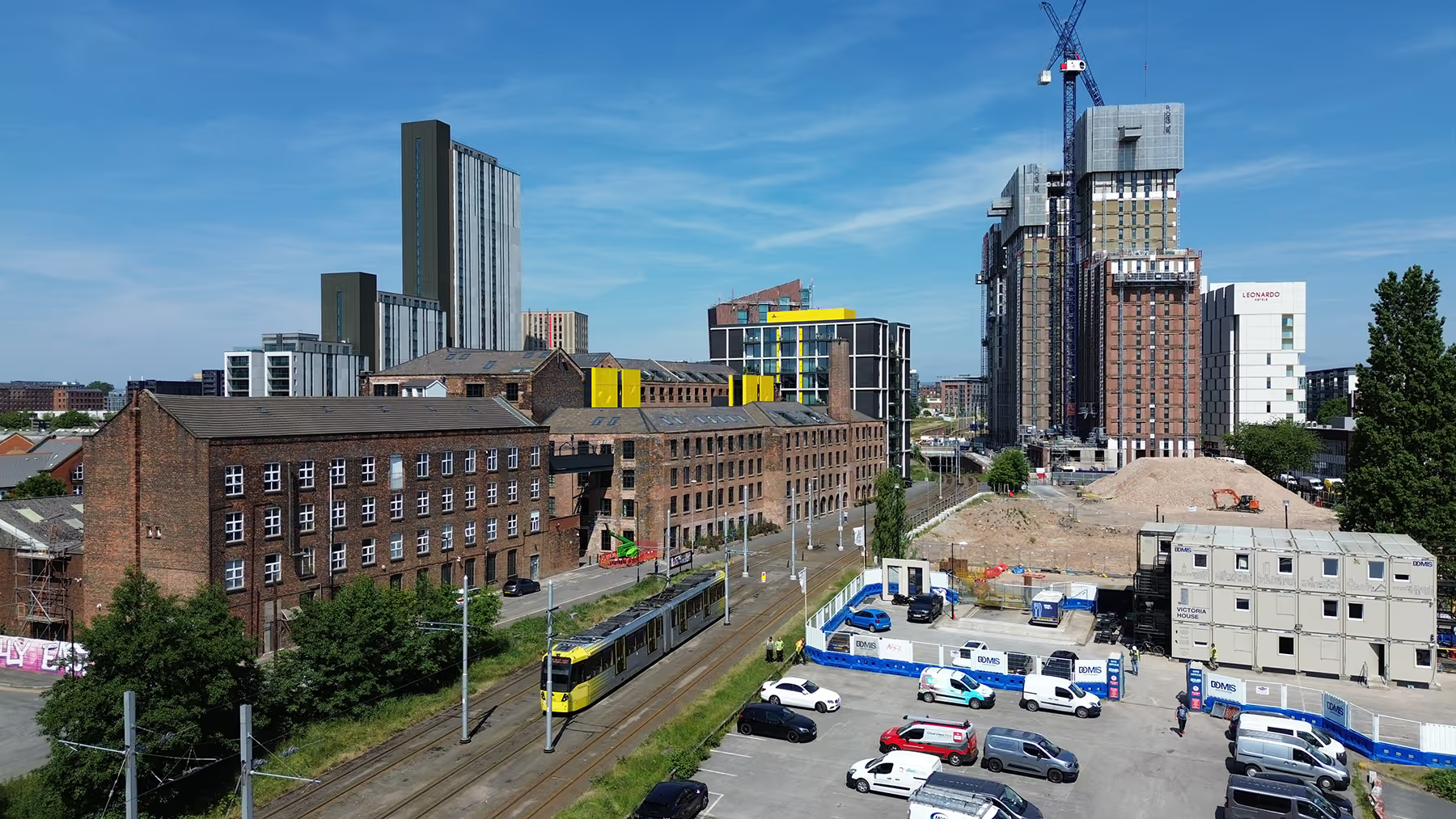
Their £7m plans for Neptune Mill in Piccadilly East – green lit by Manchester City Council earlier this year – have received funding support, with confirmation of a £3.8 million loan from the North West Evergreen Fund & the Greater Manchester Low Carbon Fund, managed by CBRE’s Lending team.
The project will see the red-brick, Grade II listed building on Chapeltown Street transformed into 22,000 sqft of workspaces boasting original features such as cast-iron columns, exposed brickwork, exposed timber beams and high ceilings. The social impact developers will take one floor as their new HQ, with the ground floor set to house a café-bar with an outdoor landscaped courtyard adding more greenery to the neighbourhood.
With work to get underway in January and workspaces expected to be ready by late summer, early expressions of interest from businesses and café-bar operators wanting to take space in the development are now open.
Once restored, Neptune Mill – just three minutes’ walk from Piccadilly Station - will feature all the modern facilities to support creative businesses to flourish. As well as boasting an EPC ‘A’ rating, restoration of the existing building will also help reduce levels of embodied carbon. It’ll be the 15th listed building that Capital&Centric have taken on.
Tom Wilmot, Joint Managing Director at Capital&Centric, said:
“Manchester’s Piccadilly East neighbourhood is expanding at a rate of knots. We’ve already built 200 homes, a hotel and a new public square, and other developers are on with surrounding plots. We were early investors here and plan to locate our new HQ in the restored and repurposed Grade II listed building, just next door to our Crusader community.
“Neptune Mill will further add to the fabric of the neighbourhood, bringing something different to the mix with creative workspaces packed with character and a café bar on the ground floor that’ll be open to the public. Piccadilly East is really blossoming and, with businesses now being much more discerning about the type of workspace they want, we expect Neptune Mill will be a real draw for those looking to switch things up, particularly due to the building’s low carbon credentials.”
The project will get underway thanks in part to loan funding from the North West Evergreen Fund. The £140m fund, supported by the European Regional Development Fund programmes, helps unlock major development projects in the North West of England that deliver clear regeneration, environmental and economic prospects benefits.
It’s invested £125m since 2011 in projects unlocking over £960m in GDV.
Will Church, Executive Director, Lending, CBRE added:
“This is exactly the type of project the North West Evergreen Fund and the Greater Manchester Low Carbon Fund was set up to support; taking obsolete buildings and turning them into modern, highly energy efficient workspaces, which will be the catalyst for the continued development and growth of this exciting area of Manchester.”
Transformation of the 19th century building will be another piece of the jigsaw in the regeneration of Piccadilly East, the Manchester community named as one of the UK’s up-and-coming neighbourhoods by the Sunday Times. Neptune abuts Capital&Centric’s previous owner occupier communities Crusader (the restored converted Victorian mill) and Phoenix (its striking new build neighbour), with a further 107-apartment community Ferrous planned for the same street.
Capital&Centric’s move into Piccadilly East in 2017 helped kick-start a wave of wider development. Since they took on Crusader, they’ve since delivered the nearby ‘jenga’ Leonardo Hotel on Great Ancoats Street, with other residential plots now rising from the ground at pace, whilst their nearby Ducie Street Warehouse restoration continues to pull crowds.

